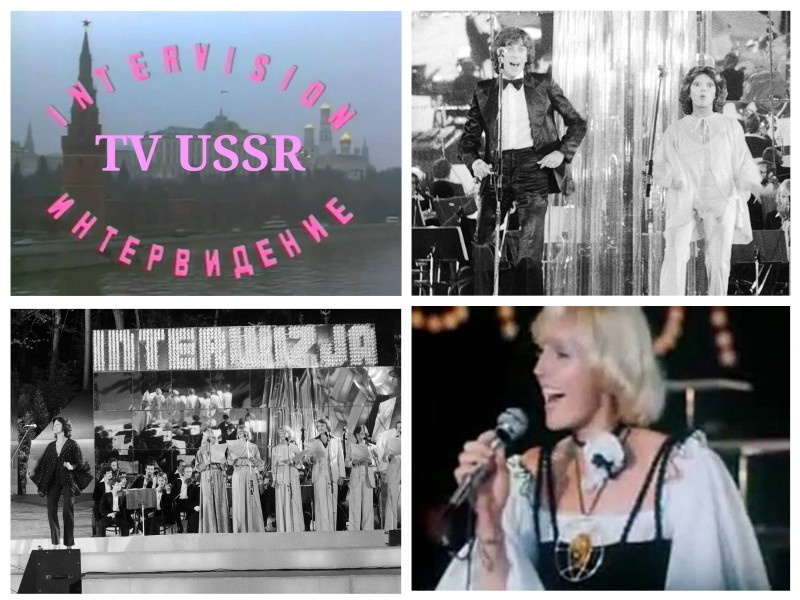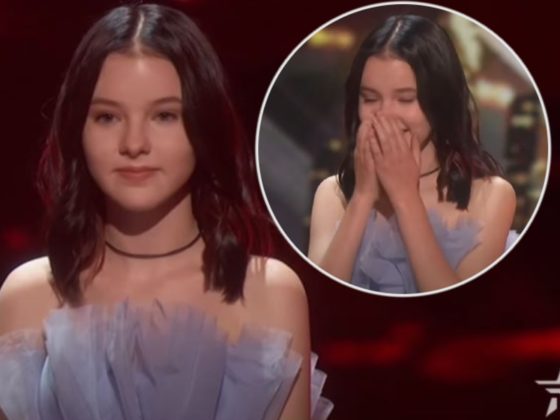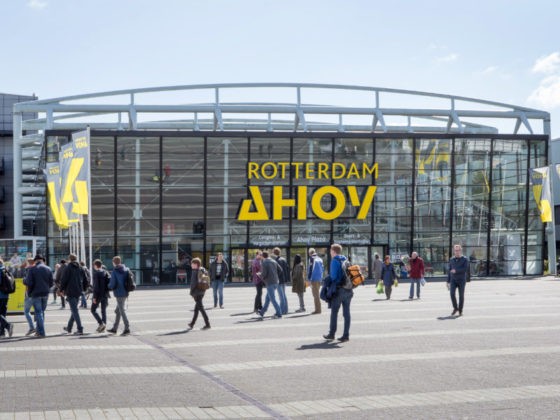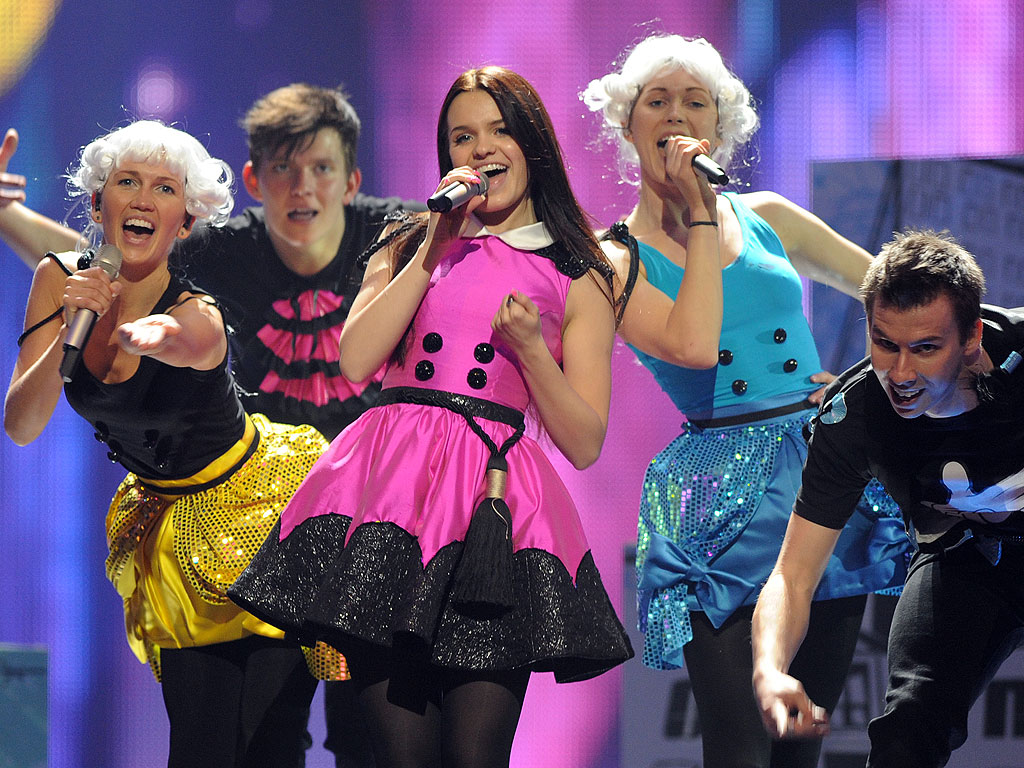Exactly forty years ago, the last Intervision Song Contest — the Eastern Bloc equivalent of the Eurovision Song Contest during the Cold War — was held in the Polish town of Sopot. As excitement grows over another remake of Eurovision, the American Song Contest, debuting next year, it’s timely to go back to Intervision as the first attempt to produce a regional version of Eurovision.
Intervision was staged for the mostly communist party-controlled state broadcasting organisations that were members of the International Radio and Television Organisation, the Eastern Bloc counterpart of the European Broadcasting Union, and its Intervision Network. There are many myths surrounding Intervision, especially as the contest has previously not been the subject of much academic research. One of the most infamous is that the voting in Intervision was conducted by measuring electricity surges as public viewers switched the lights in their homes on and off. No, voting in Intervision was rather done by expert juries that included officials from broadcasting organisations and record companies.
Marion Rung, winner of Intervision 1980, sings her entry “Hyvästi yö”:
Another myth is that Intervision was only staged in Sopot from 1977 to 1980. However, there was another series of Intervision that had been held in Czechoslovakia from 1965 to 1968. The rules for that series were modelled on those of Eurovision, and its editions also included Eurovision winners like Udo Jürgens and Sandie Shaw as interval acts. In 1968, as the Czechoslovak communist party-led government ended media censorship in the context of the Prague Spring reforms, Intervision also included entries from Eurovision members Austria, Belgium, Finland, Spain, Switzerland, West Germany and Yugoslavia. That made the 1968 Intervision the first pan-European televised song contest ever, as Eurovision during the Cold War never invited entries from the Eastern Bloc. After the quashing of the Prague Spring following the Soviet-led invasion of Czechoslovakia in August 1968, Intervision was never again produced by Czechoslovak Television.
In the late 1970s, Polish Television decided to revive the Intervision concept by staging it as part of the Sopot International Song Festival that had begun in 1961. The Polish series also added a novelty to the Eurovision model: together with the usual contest that had entries representing state broadcasting organisations, there was also another competition for those representing record companies, including ones from Western states. That made Intervision a more commercial event than Eurovision, in which the influence of record companies was still controversial for some of the participating publicly funded national broadcasting organisations. Following mass protests over economic and political conditions and the consequent imposition of martial law in Poland from 1981 to 1983, Intervision was cancelled in 1981 and never again staged in Sopot. Nor would it be organised anywhere else in the Eastern Bloc before the fall of communist party-led governments in Eastern Europe in 1989.
Alla Pugacheva’s “Vsyo mogut koroli” — the winning song of 1978 from Russia
A Russian attempt to recreate Intervision in the 2000s resulted in only one edition that was held in the city of Sochi in 2008 — but that “revival” was also a myth. Intervision had during the Cold War never been Russian- or Soviet-led but had been produced by the Czechoslovak and Polish broadcasting organisations. And the 2008 Intervision only included entries from states that were formerly part of the Soviet Union. There were no entries from the other formerly Eastern Bloc states of Central and East Europe, which had otherwise been represented in Eurovision since 1993 after the International Radio and Television Organisation was dissolved and its members joined the European Broadcatsing Union.
So Intervision during the Cold War was more commercial, pan-European and open than Eurovision… which is not what is commonly expected from a contest that was based on the participation of communist party-controlled state broadcasting organisations. The American Song Contest will be hosted by a commercial broadcaster as America does not have a national public service broadcasting organisation equivalent to the EBU’s members. That contest will also likely not face the political upheavals that ended the two series of Intervision. Yet, without the political context of the Cold War, the American Song Contest will also probably not be as innovative as Intervision was.
Dr. Dean Vuletic is a historian of contemporary Europe based in the Research Center for the History of Transformations at the University of Vienna. He is the author of the first-ever academic monograph on the history of Eurovision, Postwar Europe and the Eurovision Song Contest (London: Bloomsbury, 2018). The book is the product of the research project “Eurovision: A History of Europe Through Popular Music”, which he led as a Marie Skłodowska-Curie Intra-European Fellow. As a Lise Meitner Fellow, he has also led the project “Intervision: Popular Music and Politics in Eastern Europe”, which focussed on the history of the Intervision Song Contest. Dr. Vuletic regularly comments on Eurovision in the international media, and more information about his work can be found on his website www.deanvuletic.com.











Both songs featured in this article are really nice.
Great article!
https://www.youtube.com/watch?v=bjTx1e05tNk
I found a record of Intervision from 1977. I think this channel may have more records of this event 😉
I am from Slovakia, and during Cold War we (Czechoslovakia) used to have many festivals, the most famous- Bratislavska lyra, where many Western artists participated as hosts, ABBA, Cliff Richards, Gilbert Bécaud, Boney M during 1960s-1970s and many others for example… The last edition was held in 1998 and the winner went to Eurovision.
A historical article by a real historian on one of my favorite topics. This history student says thank you
I LIVE for this kind of article. THANK YOU!!
Thats a very interesting article. Well done.
Sorry. To me it is more not knowing the facts than any myths.
Glad to see Dean Vuletic back in Wiwibloggs. As far as I know he is the only scholar in the world fully dedicated to the ESC. He can give an expert historical and sociological perspective of the contest to those fans who have had the opportunity only to scratch the surface of an apparently light event, but which has so many layers to discover. Just in these days I am reading his book “Postwar Europe and the Eurovision Song Contest”, which I recommend for a review of the recent history of Europe and how it echoed in the ESC. I… Read more »
I would say that Karel Gott definitely won this “Intervision” (in my country more known as “Zlatý klí?” or “Zlatý klí? Intervize”, it seems to be the same thing) in years 1965 and 1968; and he represented Austria in Eurovision also in 1968.
Alla Pugacheva, Jose Velez, Kirka and Marion Rung are the only ones I’m aware of (though if you consider Intervision to be basically the same thing as Sopot Festival, just with a fancier name, there are countless examples, Herreys even won both Eurovision and Sopot Festival). You can watch the contests (or at least parts of them) on Youtube, namely the famous Boney M.’s performance from 1979.
Did you watch the 1997 #EurovisionAgain? Alla was there! One not to be forgotten…
Thank you so much for this article! It’s so interesting to read about other regional song contests. Sorry, this comment will be pretty long… In the Americas, we used to have OTI song contest (organized by the Organización de Telecomunicaciones de Iberoamérica, so Spain and Portugal participated too) from 1972 to 2000 (except for 1999, when it was not held). Initially, Festival OTI had the same format as ESC; so there was telephone voting and in some editions the winner hosted the following year’s contest. OTI had a so recognizable logo and it really was an annual event that united… Read more »
I forgot to mention that in some editions there were entries from Canada, the Netherlands Antilles, Aruba (as a separate entity) and Equatorial Guinea (an African Spanish-speaking country).
@Una …I don’t think so. However, many songs and artists (such as the ones I mentioned) became popular in Latin America and the Iberian peninsula. For example Nydia Caro’s “Hoy Canto Por Cantar” (Puerto Rico 1974), Guayo Gonzalez’s “Quincho Barrilete” (Nicaragua 1977), “Canta Cigarra” by María Ostiz (Spain 1976).
Here you can watch all winners of Festival OTI:
https://youtu.be/5gk3AecN-JQ
Andres, I took two things from that:
1. Betty Missiego is the only entrant to cross into ESC.
2. Portugal never won it.
@TheDrMistery Good point! Although Portugal hosted a good edition in 1987, which featured Mexican singer Ana Gabriel, a big star in the Latin American world.
https://youtu.be/DjWwarTWuZo
Spain’s Marcos Llunas won OTI in 1995 and then he was in Eurovision 1997.
TBH I had no idea that something like Intervision existed. Thanks for an interesting article!